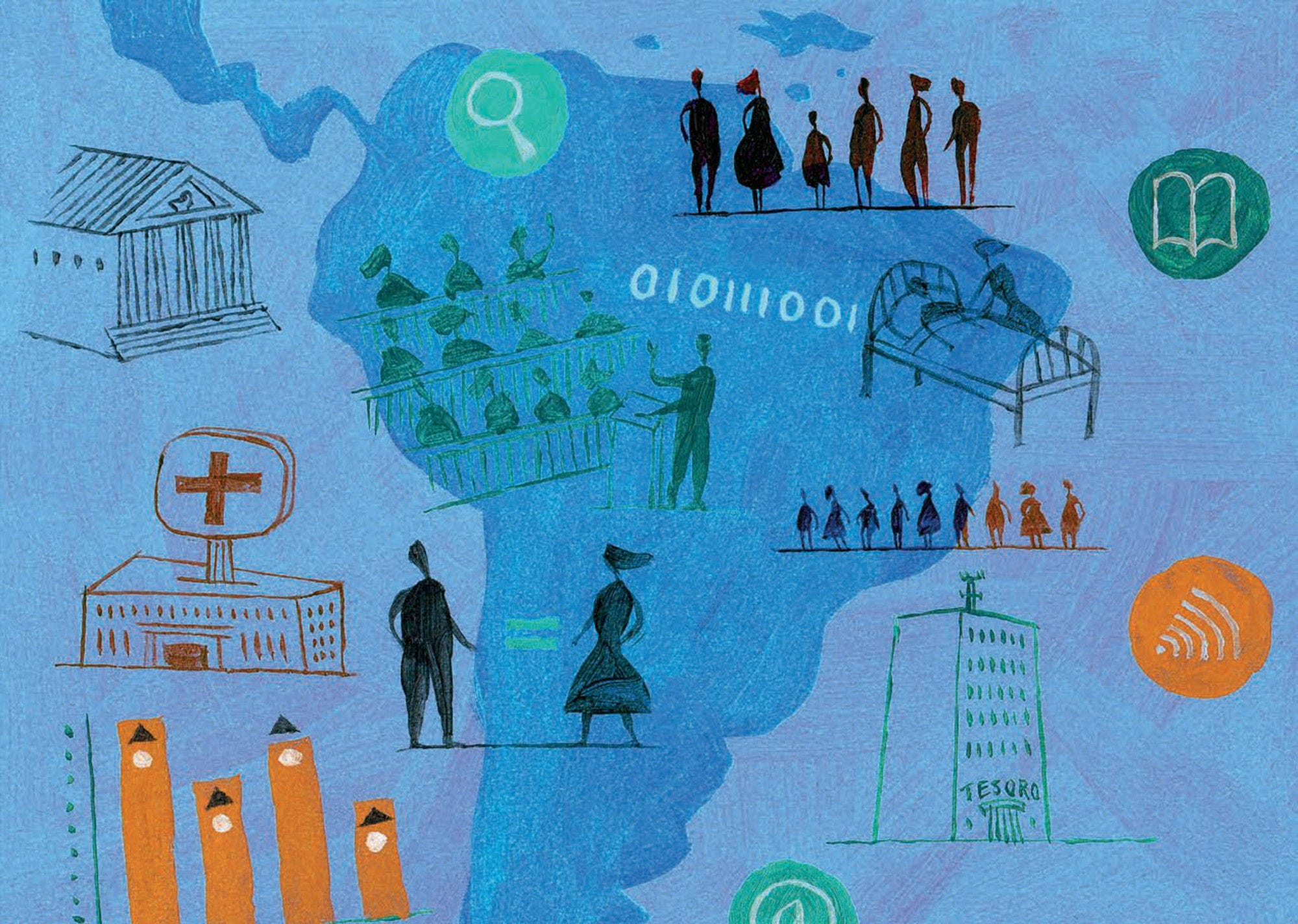Open government is defined as a culture of governance that promotes the principles of transparency, integrity, accountability and stakeholder participation in support of democracy and inclusive growth (OECD, 2017). Through enhanced transparency and inclusiveness in policy-making, open government seeks to strengthen trust between civil society and the government. In addition to the core objective of achieving sound fiscal outcomes, the institutional arrangements of the budget process can foster transparency and promote meaningful engagement of people, hence leading to better alignment between the budget and political and social priorities.
Public consultation can take place at various stages of the budgetary process, take different forms and involve diverse institutions within the government and from interested stakeholders. Nine out of 13 LAC countries that responded to the survey reported having consultations with stakeholders at some stage of the budgetary process (except Argentina, Chile, Mexico and Panama). All of them consult at the pre-budget proposal phase, and eight of them do so after the budget proposal (except for Costa Rica and El Salvador).
During the pre-budget phase, consultations are led by the central budget authority in two countries (the Bahamas and Brazil) and exclusively by line ministries in Costa Rica. In El Salvador, consultations are led by the Council of Ministers, while in Peru local governments carry them out. Consultations that take place during the post-budget proposal phase are led by the Centre of Government in the Bahamas, Paraguay and Uruguay; by the legislature in the Dominican Republic and by line ministries in Brazil and Guatemala. In the OECD, the legislature and the government as a whole (i.e. centre of government) were the most mentioned actors that carry out consultations throughout the budget process.
Regarding forms of consultation, at the pre-budget proposal phase, seven countries ( the Bahamas, Brazil, Costa Rica, the Dominican Republic, Guatemala, Paraguay and Uruguay) hold private consultation with key stakeholders. Four countries (including the Bahamas, Brazil, Costa Rica and Uruguay) have formal hearings with key stakeholders. Private consultations are also the most widely used form of consultation at the post-budget proposal phase: five countries (the Bahamas, the Dominican Republic, Guatemala, Paraguay and Uruguay) reported holding them. Private consultations are also the most used form of consultation both at the pre and post budget proposal phase in the OECD.
Typically, participative budgeting involves setting aside a limited proportion of the overall budget and inviting the public to express their view about the best use of these resources. In addition to informing the allocation of resources, it can contribute to promote budget literacy and foster meaningful engagement by people. Participative budgeting is more common at the local level and is currently implemented in several large cities in LAC (such as Buenos Aires in Argentina, Sao Paulo and Rio de Janeiro in Brazil, Santiago in Chile, and Lima in Peru). A recent study of the practice in LAC has shown that it increases public participation in decision making, increases local tax revenues collection, channels larger fractions of public budgets to services stated as top priorities by citizens, and increases satisfaction with public services (Beuermann and Amelina, 2014).
The majority of respondents from LAC indicated that they do not currently have participative budgeting initiatives at the central/federal level. Brazil, Dominican Republic, El Salvador, Guatemala and Peru reported having such initiatives in place. Brazil had the inter-council forum in place until 2018, which brought together representatives from national councils and civil society representatives to discuss the elaboration of plurennial plans. Among OECD countries, the practice of participative budgeting at the central level is not widespread.

